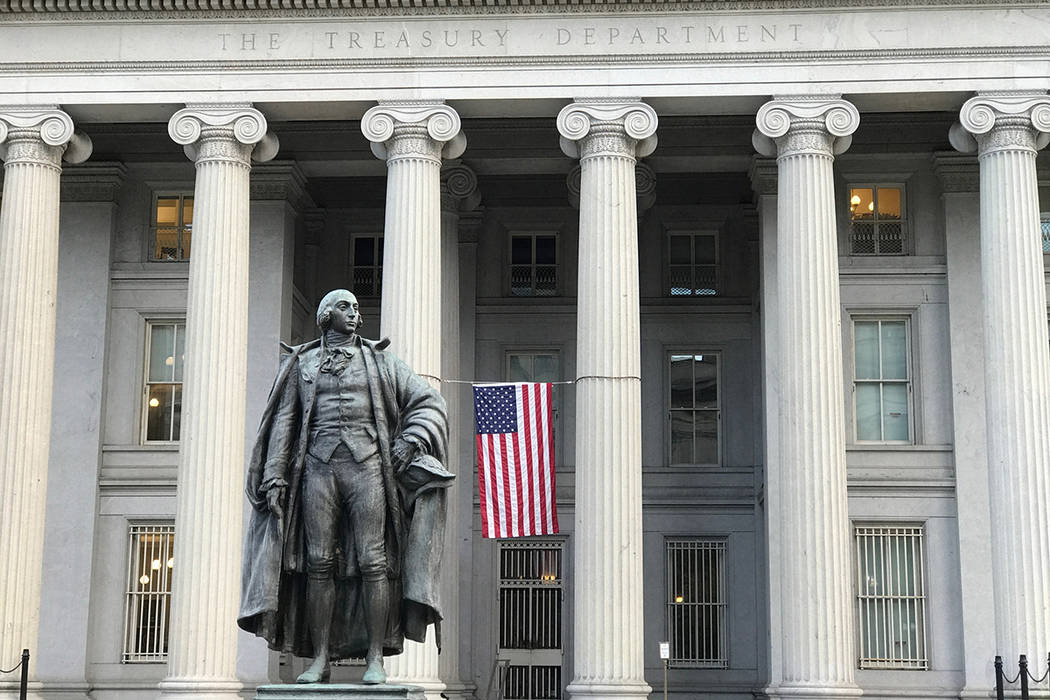Treasury’s watchdog to look into Tubman $20 bill delay
The U.S. Treasury’s watchdog says it will look into why the redesign of the $20 bill featuring abolitionist Harriet Tubman was delayed.
The Office of the Inspector General said in a letter on Friday to Sen. Chuck Schumer, D-N.Y., that it will consider the matter as part of an audit that is about to begin. The Senate minority leader had asked the inspector general’s office earlier this month to investigate the circumstances surrounding the decision to delay the redesign “including any involvement by the White House.”
The Tubman redesign was initially scheduled to coincide with the 100th anniversary in 2020 of passage of the 19th amendment giving women the right to vote. But Treasury Secretary Steven Mnuchin said last month that it would be delayed so the $10 bill and the $50 bill could be redesigned first for security reasons to make it harder for the bills to be counterfeited. He said those bills will now be introduced before a redesigned $20 bill.
The decision to put Tubman on the $20 bill had been made by Mnuchin’s predecessor, former Treasury Secretary Jacob Lew, who had served in the Obama administration.
The Office of the Inspector General said it will be looking into whether security measures are properly being implemented into currency, among other measures. As part of that audit it will specifically include a review of the process with the $20 bill. The effort is expected to take 10 months, according to the letter.
Schumer said he is pleased the matter will be reviewed quickly.
“There are no women, there are no people of color on our paper currency today, even though they make up a significant majority of our population … the $20 note was a long overdue way to recognize that disparity, and rectify it,” he said in a statement.
Schumer said the Trump administration’s decision to delay the new note “has not been credibly explained, and the inspector general’s review must get to the bottom of this.”
The Treasury did not respond to a request for further comment.
Mike Balsamo contributed to this report from Washington, D.C.

















